Random immigration lottery for America 2025
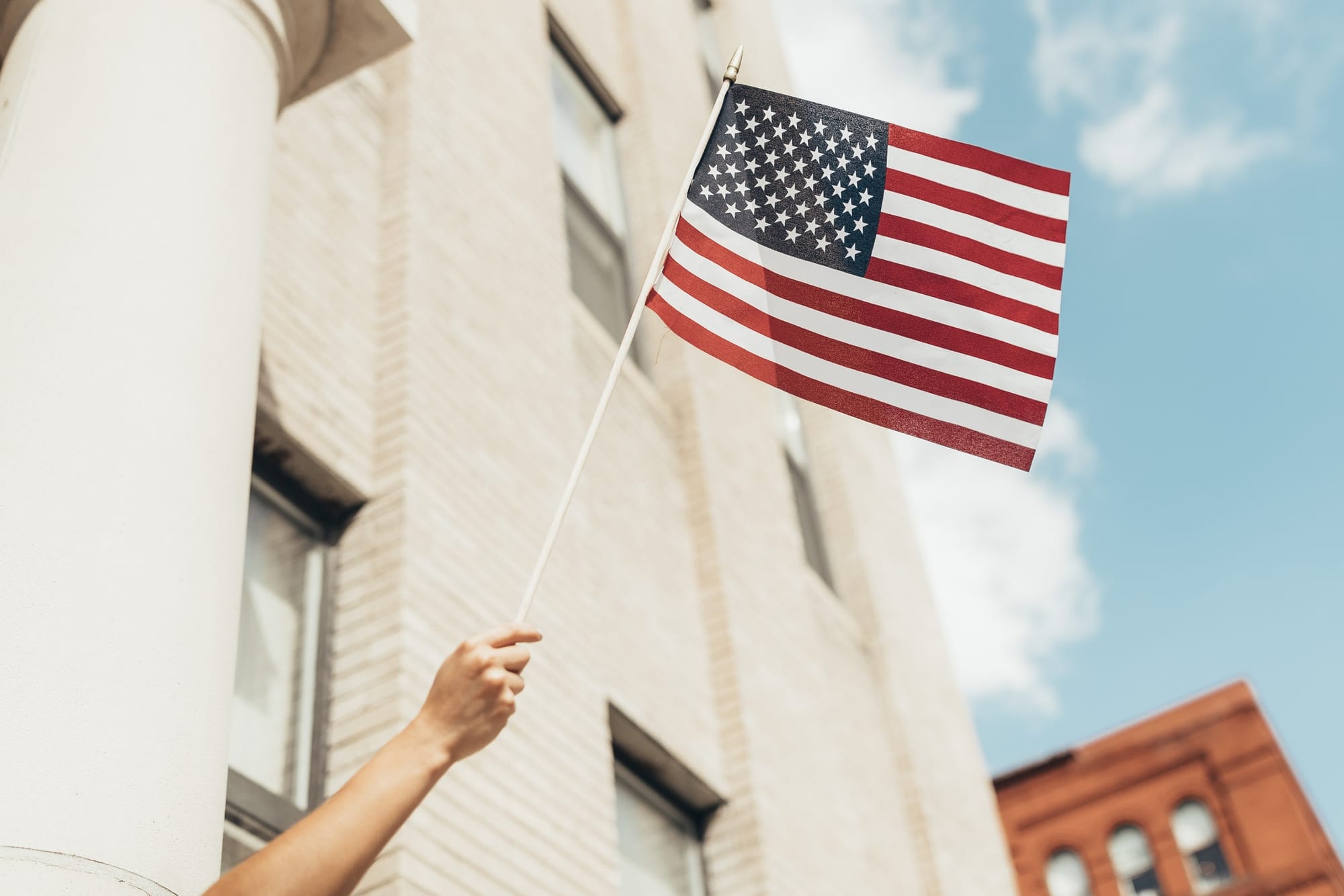
Random immigration lottery for America
Immigration to America has always been an intriguing amalgamation of hopes, dreams and complexity.
The concept of the Random Immigration Lottery, therefore, holds a unique place in this diverse narrative.
Its origins rooted deeply in egalitarian ideals, the lottery system continues to shape the face of America's immigration policy as we move towards 2025.
Spanning aspects from understanding the system's intricacies to exploring personal stories of the lottery winners, this discourse illuminates the multi-dimensional facets of a lottery system that not only impacts policy, but also the lives of individuals and communities.
👇🏼👇🏼👇🏼Apply for immigration from here
Click here
The Concept of Random Immigration Lottery
The Genesis of the Random Immigration Lottery
The Diversity Visa Program, or the Random Immigration Lottery as it is colloquially known, was created through the Immigration Act of 1990 to increase the diversity of immigrants coming to the United States.
It began as an initiative to rectify the over-representation of certain nationalities in the American demographic and simultaneously allow equal immigration opportunity to countries with lower US immigration rates.
Purpose of the Immigration Lottery
The primary intention of the random immigration lottery is to diversify the demographic or ethnic composition in the United States.
Each year, approximately 50,000 visas are made available through the DV program to natives of countries that have had low immigration rates to the United States over the last five years.
Thus, it provides an equal chance for citizens from countries under-represented in incoming immigration demographics to migrate to the United States.
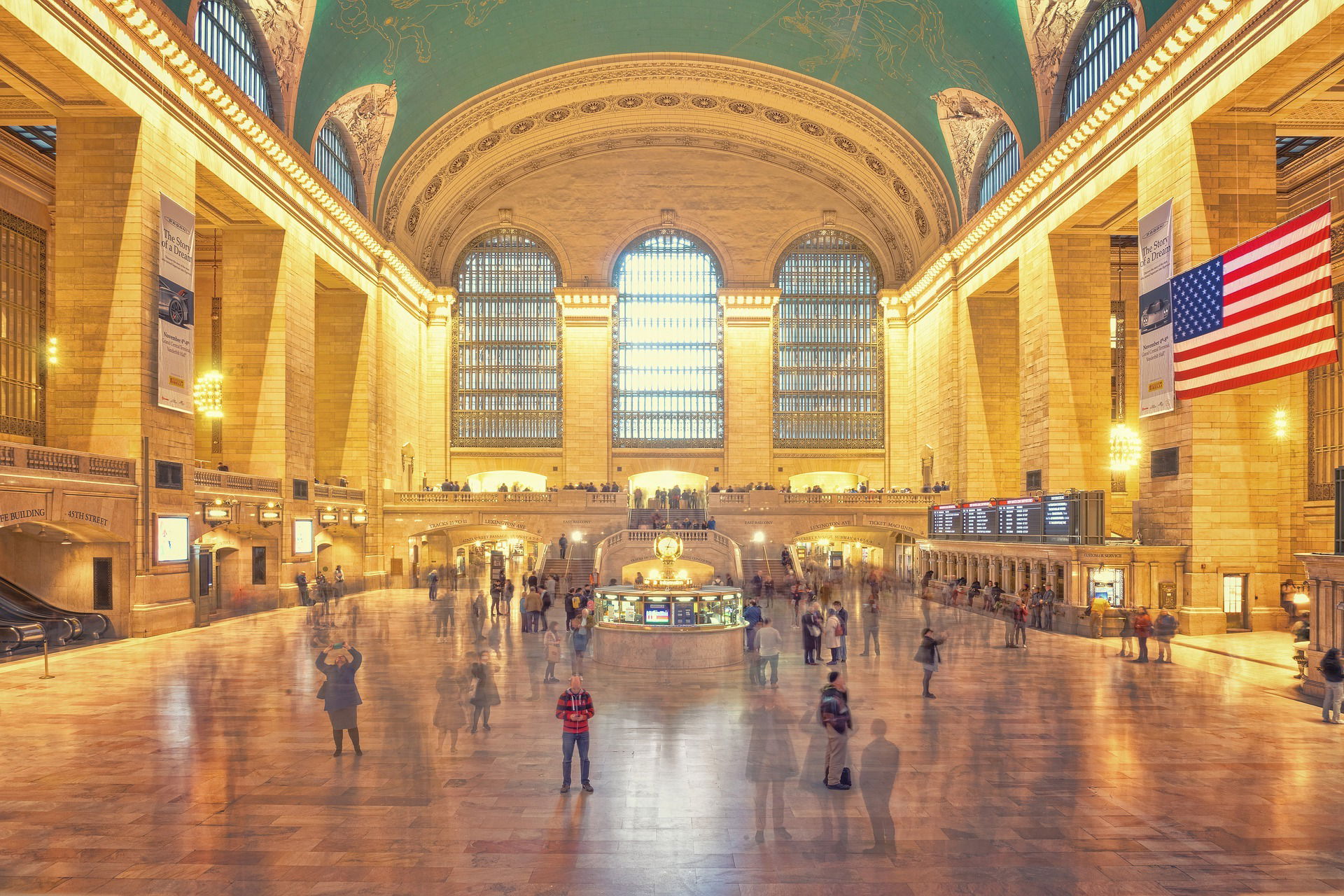
Understanding How the Lottery Works
The Diversity Visa Program operates as a lottery system.
Individuals from eligible countries apply during the open registration period each year.
After the close of the period, a computer-generated random lottery drawing selects applicants.
Selected applicants, provided they meet the eligibility requirements, are then given the opportunity to apply for a Diversity Visa.
Eligibility and Threats to the Program
To be eligible for the lottery program, applicants must have at least a high school education or its equivalent, or two years of work experience in the past five years in a job requiring at least two years of training.
The program doesn't discriminate on the basis of race, color, religion, national origin, or sex.
However, the program has faced criticism regarding security concerns, and there have been calls for its abolition or severe modification, especially during the Trump administration.
The Diversity Visa Program and 2025
Despite the back-and-forths' over its abolition, the Diversity Visa Program is still operational and continues to play a pivotal role in America’s immigration landscape leading to 2025.
While the program has faced uncertainty in the past, there's renewed emphasis under the Biden administration on maintaining the Diversity Visa Program as part of a broader strategy to ensure continued diversity among immigrants.
Efforts to streamline the process and increase total immigration quotas signify a committed focus on immigration of various sorts, including the random immigration lottery.
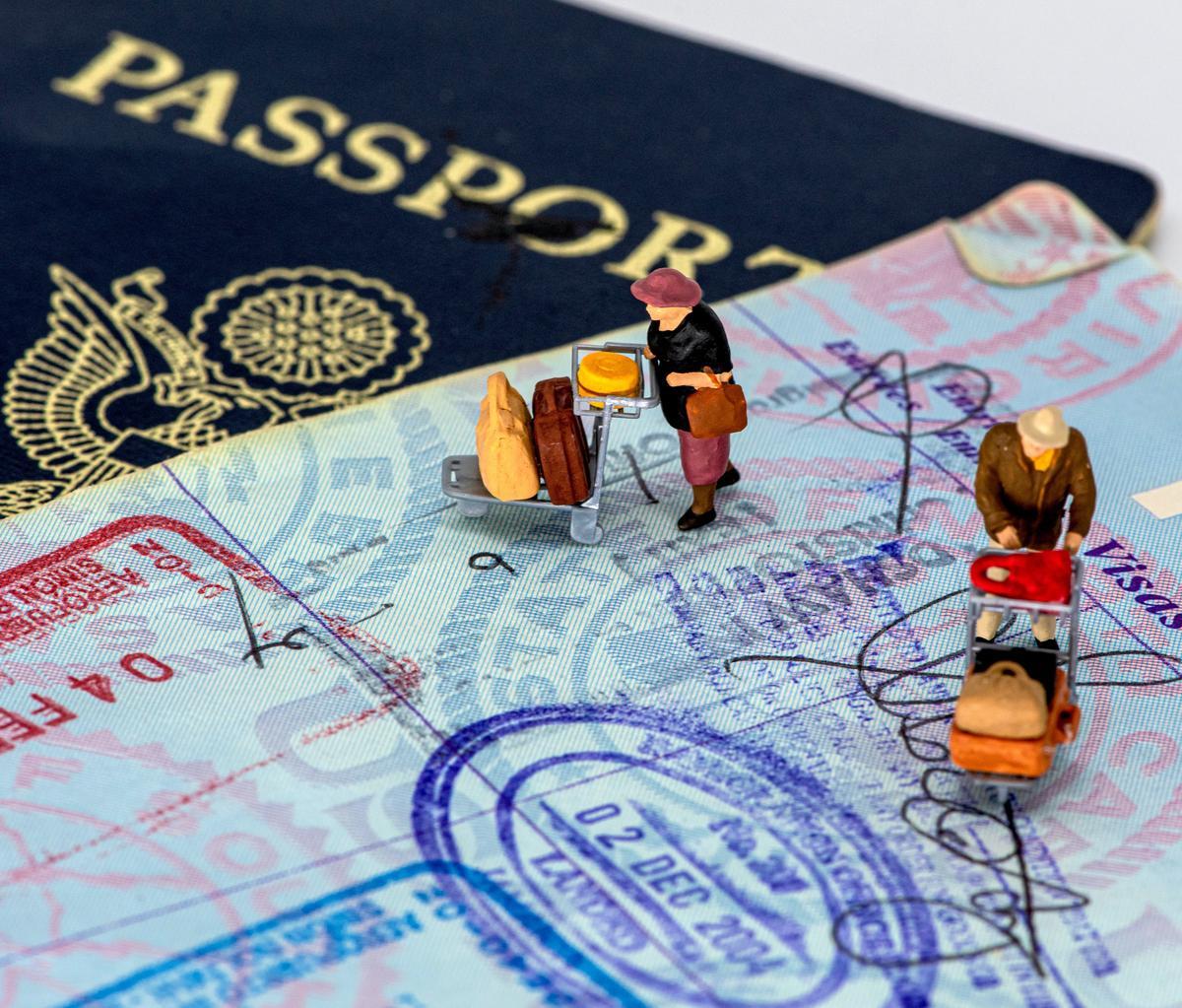
The Role of the Random Immigration Lottery in America
The random immigration lottery system has been instrumental in shaping the ethnic diversity of America since its inception.
It opens up opportunities for immigrants from countries with lower representation to establish themselves in the United States.
As the American demographic trends towards an aging population, the lottery system crucially contributes to the maintenance of a vibrant, ever-evolving workforce.
With 2025 on the horizon, the random immigration lottery will remain an essential part of America's immigration policies, ethnically diversifying the nation and ensuring its continuity as a multicultural society.
Eligibility Criteria and Lottery Process
Who Can Apply for the U.S. Immigration Lottery in 2025?
Earning a spot in the U.S. Immigration Lottery, or the Diversity Visa (DV) Program, requires applicants to be native residents of the countries that fall within the eligibility criteria.
The U.S. Department of State excludes “high admission” countries from this list – countries which have already had over 50,000 natives immigrate to the U.S. through family-sponsored or employment-based visa categories in the past five years.
On the educational front, DV Program applicants need to furnish proof of a high school level education, wherein a 12-year curriculum of structured primary and secondary education has been successfully completed.
Alternatively, the applicants must hold a record of two years of work experience in an occupation within the past five years that mandates at least two years of training or experience for its execution.
U.S. Immigration Lottery Process
The U.S. immigration lottery application period typically takes place once a year, usually between October and November.
Applications must be submitted through the Electronic Diversity Visa (eDV) website during this time.
There is no cost to submit an application.
However, if selected, the visa application fees must be paid.
After the submission period, the Department of State conducts a randomized computer drawing to select cases for further consideration in the DV program.
The results, including names of selected entrants, are usually released between May and July of the following year on the eDV website.
Selected entrants will then need to complete the immigrant visa application, submit required documents, pay the diversity visa fee, and prepare for a visa interview.
It's significant to note that being selected in the lottery does not guarantee recipients a visa; final eligibility will be determined based on the results of the interview, medical fitness, and other eligibility standards under U.S. immigrant law.
Understanding Necessary Documentation and Fee Structure
Submission process of the lottery application involves numerous documents, including an application form, a digital photo, a passport-style photo, and details of the applicant's birth certificate.
In the event of selection, additional documents such as civil documents, police certificates, and medical examination results would be called for to complete the visa application process.
An amount of $330 as DV fee, applicable per person, is to be paid on the day of the visa interview.
The said fee is non-refundable irrespective of whether the visa is issued. Individual circumstances may incur additional fees.
Prospective lottery applicants, however, must note that the regulations, deadlines, and fee structure pertinent to the U.S.
Immigration Lottery can be subject to variations from year to year based on changes in U.S. immigration law and policy.
It is hence recommended that applicants refer to the official U.S. Department of State Bureau of Consular Affairs website for the latest, most accurate information.
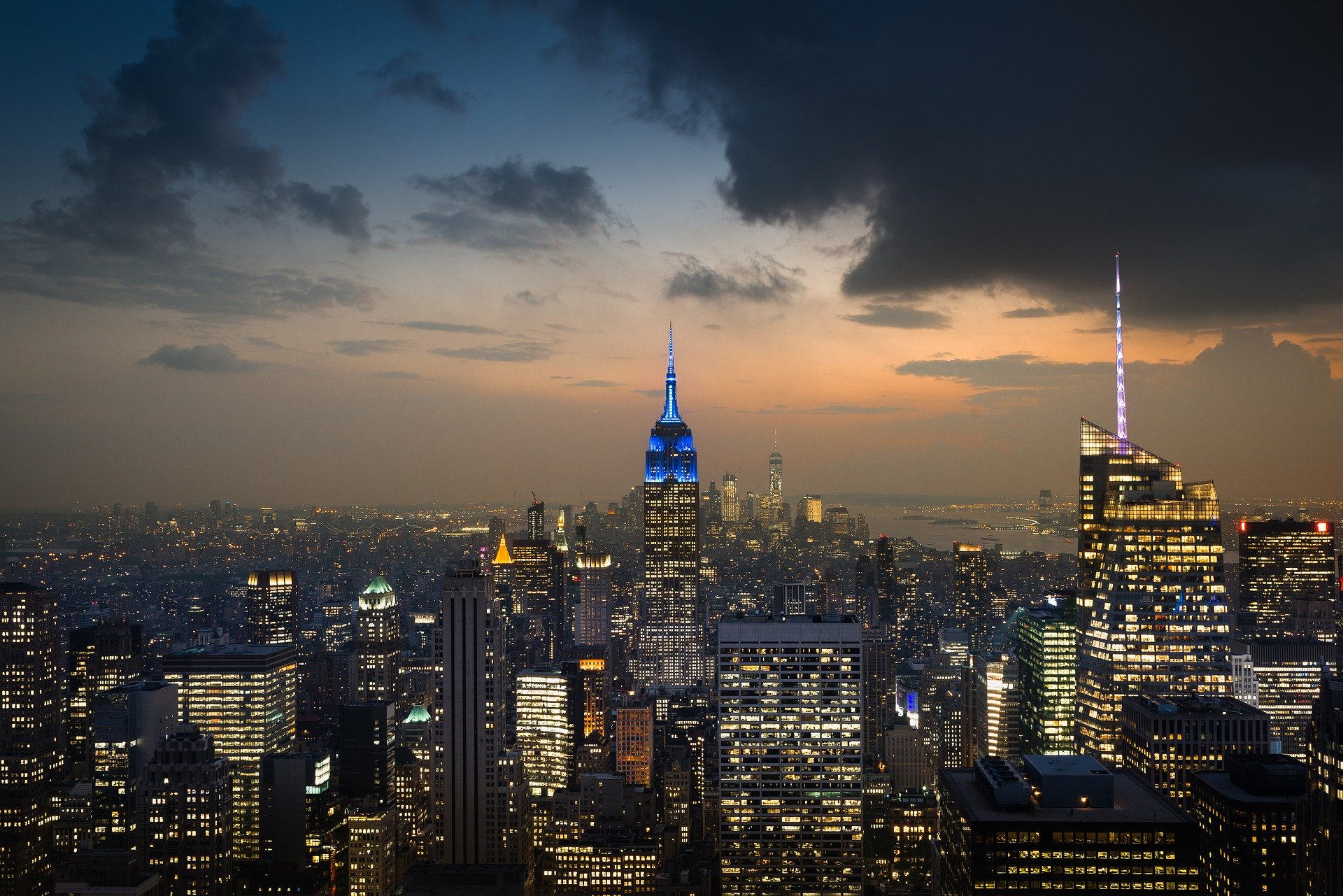
Impact on Current Immigration Policies
The Random Immigration Lottery's Context within Larger Immigration Policies
The Random Immigration Lottery for America 2025, or the Diversity Immigrant Visa program as it is officially known, offers visa opportunities to individuals hailing from countries that have not been widely represented in the American immigrant population.
This facilitative system holds significant implications for other established immigration measures, such as DACA, TPS, and the policies concerning permanent residency.
Interaction with DACA
The Deferred Action for Childhood Arrivals (DACA) program provides protection from deportation and work permission for qualifying undocumented immigrants who arrived as children.
While the random immigration lottery doesn't impact DACA directly, an increase in opportunity through a lottery system could potentially reduce some pressure on the program by providing an alternative pathway for immigration.
Conversely, the lottery does not offer security to those already in the United States under DACA, as it targets individuals outside of the nation.
Influence on TPS
The Temporary Protected Status (TPS), like DACA, grants relief from deportation to nationals of certain countries experiencing ongoing armed conflict, environmental disaster, or extraordinary conditions.
Lottery applicants from countries designated for TPS may potentially see elevated acceptance rates, as the lottery aims to diversify the immigration population.
However, as with DACA, the lottery does not offer a direct benefit to those already present in the U.S. under TPS.
Impact on Permanent Residency
The diversity visa lottery provides direct access to permanent residency, also known as the "Green Card". Thus, it can significantly impact the demographic composition of approved Green Cards each fiscal year.
More so, the lottery offers an independent path to residency without needing employer sponsorship, family in the U.S., or refugee/asylee status, requirements generally essential for permanent residency.
However, it's essential to understand the yearly cap of 50,000 visas available through the lottery, compared to the approximate one million green cards issued annually through other immigration channels.
Consequently, while the lottery provides a unique avenue to residency, it contributes minimally to the overall number of permanent residents.
Conclusion
The Diversity Immigration Visa program, often referred to as the random immigration lottery, provides an additional avenue towards immigration, without substantial interference with contentious paths such as DACA and TPS.
Its primary function is to supplement these existing programs and encourage diversity amongst incoming immigrants.
It notably provides a unique possibility of obtaining a Green Card, bypassing conventional immigration channels.
Be that as it may, the number of visas released via this lottery is small, hence limiting its overall influence.

👇🏼👇🏼👇🏼Apply for immigration from here
Click here
Speculations and Predictions for 2025
Anticipated Adjustments in the Diversity Immigration Visa Program
Moving forward and looking at 2025, various anticipated developments and possible patterns may redefine the landscape of the Diversity Immigration Visa program in the United States.
These potential changes are expected to be driven largely by forthcoming policy decisions, shifts in geopolitical dynamics, and evolving global migration patterns.
Emerging Trends
A major trend that could impact the future of the U.S. immigration lottery is aging.
The trend seems set to continue, leading to an increased need for younger workers and potential changes in immigration policy.
This could potentially lead to the US government taking steps to ease up the immigration lottery process, creating a more conducive and simplified application process.
Policy Revisions
The Biden Administration already pledged considerable policy modifications regarding immigration, setting the stage for changes in the lottery-based program.
By 2025, there might be more substantial shifts in policy, either increasing or decreasing the number of visas granted through the lottery system.
The direction of these changes will be largely dictated by the political landscape and the administration in power.
Geopolitical Influence
Global geopolitical events also cannot be discounted when considering possible trends in the future of the lottery system.
Factors such as global economic trends, security issues, and international relations could all influence American immigration policies.
For instance, heightened tensions or conflicts in certain regions could result in those countries being dropped from the eligible list.
Conversely, improved relations and alliances could add new countries to the list, increasing diversity in the applicant pool.
Fluctuating Migration Patterns
Currently, migration rates into the U.S are sluggish.
This possibly be due to the stringent measures and restrictions associated with immigration during the Trump administration combined with the effects of the COVID-19 pandemic.
However, with anticipated recovery from these limiting factors, it's possible that the migration rate could once again rise, increasing the applicant pool for the immigration lottery.
Enhanced Security Checks
Following global trends of increasing concern for national security, it's also possible that by 2025 there will be significant enhancements in the security and vetting procedures associated with the U.S. immigration lottery program.
This means that applicants might have to undergo more intensive background checks and biometric screenings before they are granted a visa.
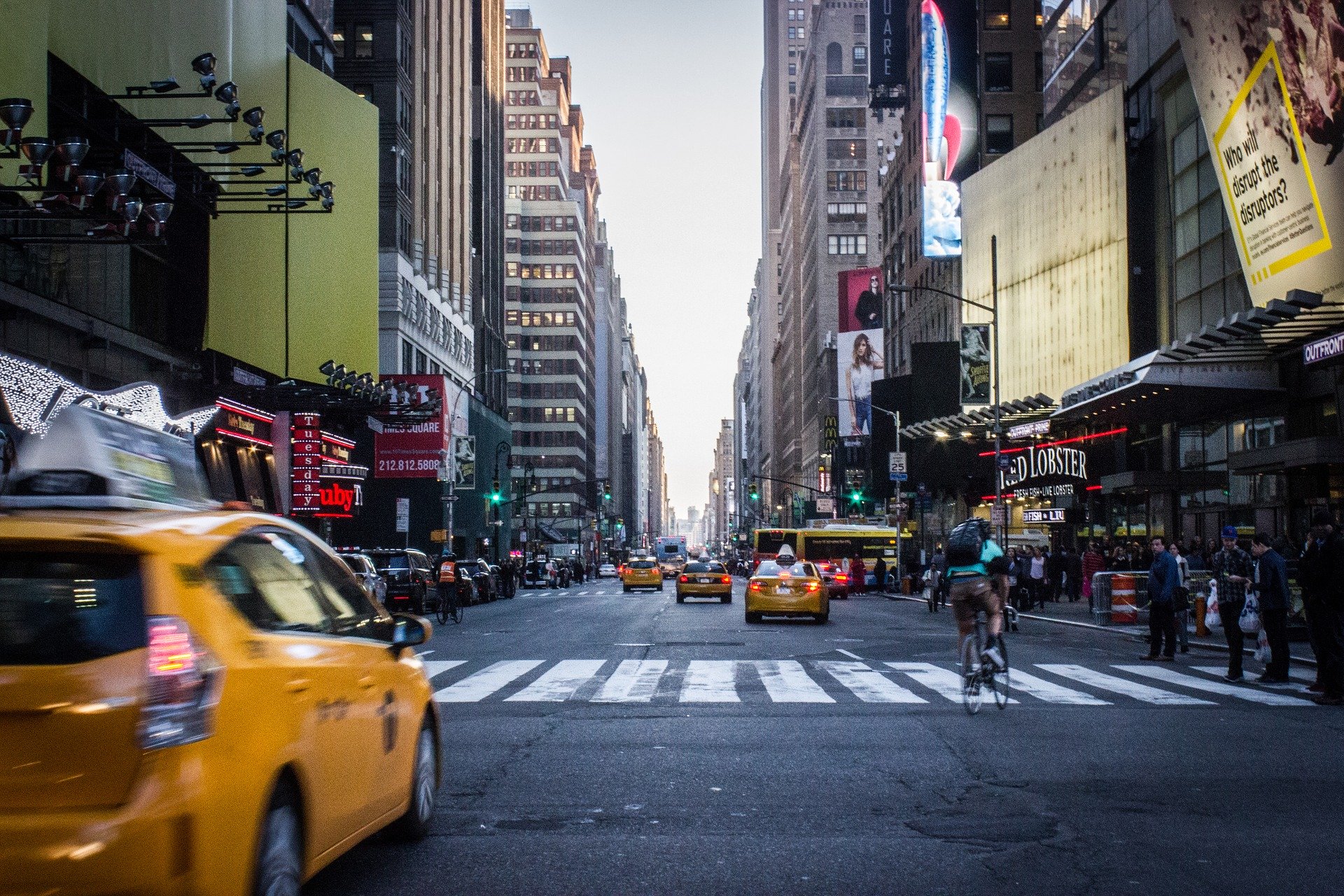
Likely Changes in Lottery Procedure
The speculation about what 2025 holds cannot be entirely accurate, but it seems reasonable to expect that the lottery’s application process could change, becoming more digital or requiring more complete documentation from applicants.
Such modifications in procedure might be necessitated by advancements in technology or the desire for more thorough applicant vetting.
Considering the Future Scenario of U.S. Immigration Lottery 2025
In foreseeing changes to the U.S. immigration lottery for 2025, several key factors emerge.
Amendable policies and procedures, shifts in eligible countries, and elevated security measures could all potentially play a role.
Ultimately, future trends in immigration lotteries will largely be determined by the domestic and global landscape, across political, social, and economic spheres.
Personal Stories and Case Studies
Shining a Light on Success: Personal Narratives from Lottery Winners
Direct accounts from past winners of the Diversity Visa (DV) Lottery, colloquially known as the Green Card Lottery, bring a personal touch to our understanding of the system.
One such story is of Emmanuelle, a French national who had long been trying to secure a permanent residency in the U.S. Despite a stable income and job proficiency, traditional immigration avenues proved to be challenging and lengthy.
However, when she casually participated in the 2024 lottery, she was thrilled to secure a place in the 2025 Green Card Lottery.
Today, she is happily settled in New York City, working in her area of expertise, and has even started her own small-scale business.
Another enlightening story emanates from Bintou, a student from Senegal who applied for the lottery without giving it much thought.
But her life changed when she received her acceptance letter.
As a lottery winner, she moved to the United States in 2020, wrapping up her studies with an ambitious plan to work in the field of renewable energy solutions, aiming to make a meaningful contribution to America's green economy.
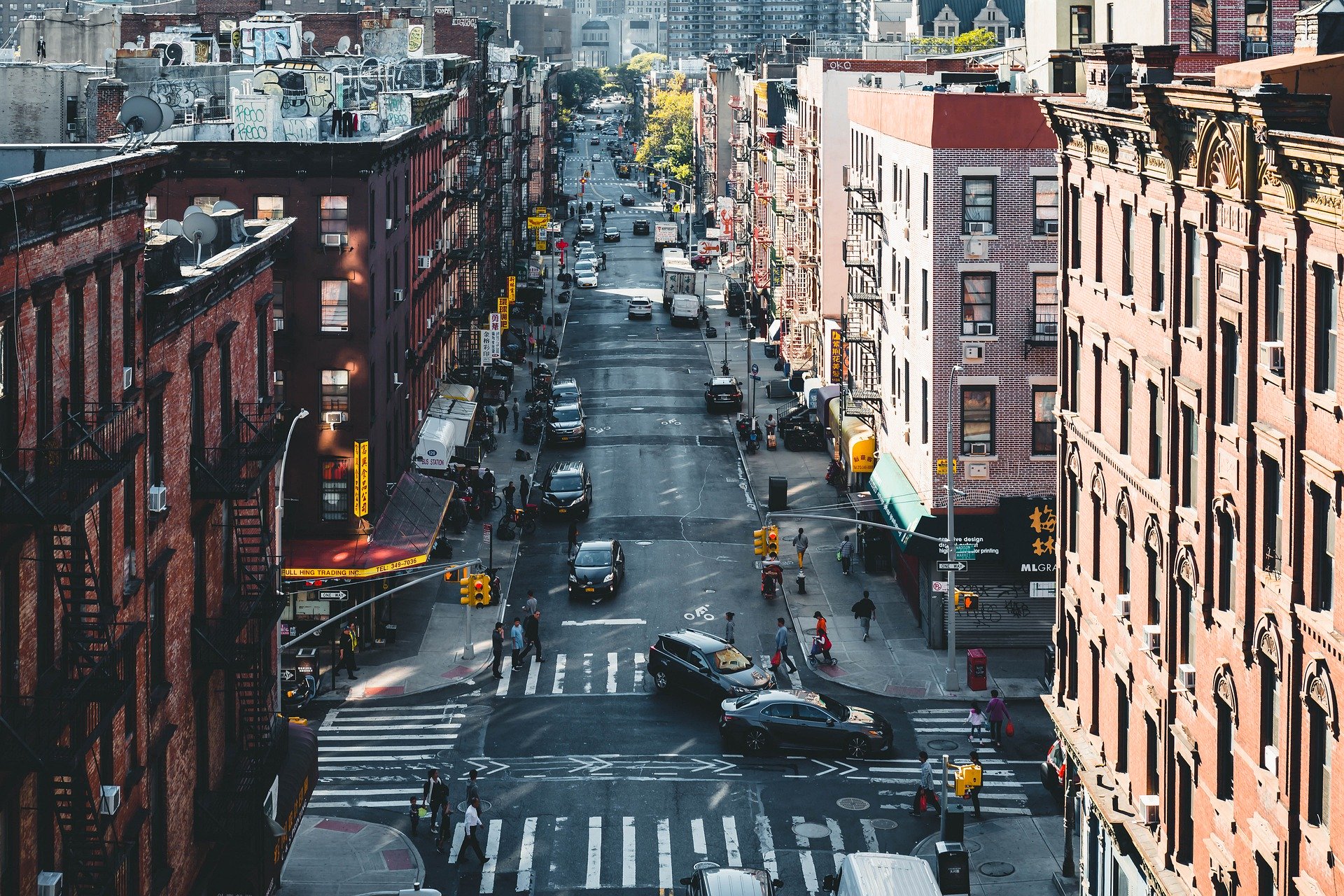
Case Studies: Impact of Green Card Lottery
A profound example of lottery impact can be seen in the case of Nepal.
In 2021, over 3,000 Nepalese won the green card lottery out of nearly 5.3 million applicants worldwide.
These individuals were given the opportunity to live, work, and study in the U.S., providing a significant boost to the country's economy through remittances, while also enriching America's diverse culture and workforce.
Another case study is that of the African exodus. Countries like Nigeria, Egypt, and Ethiopia have a high number of applicants for the lottery each year.
In 2021, when Egypt topped the number of lottery winners with 6,002 visas, it notably impacted the country's economy and demographics.
On the one hand, there were brain drain concerns, but on the other, the economic benefits were significant as most of these migrants sent money home to help their families, making a tangible difference in the economic fabric of their home communities.
Lottery as a Means of Diversifying Migration
These stories and case studies shed light on the vital role the Diversity Visa Lottery plays in diversifying America's immigrant profile.
It is essentially a catalyst for enabling individuals' dreams from varied ethnic, social, and economic backgrounds who may not fit into more skilled or family-related visa categories.
Furthermore, it opens avenues for economies of developing nations to benefit through exposure and monetary remittances from their citizens living a better life in the United States.
The program thus serves a dual purpose - driving the American economy's diversity while also fostering global economic growth.
As we turn our gaze towards the horizon of 2025, the canvas of America's immigration narrative casts fascinating reflections.
The Random Immigration Lottery system embodies the power of chance and hope in navigating these complex migrations.
Through the tapestry of narratives woven by winners, broad spectrums of society's perspectives, struggles, and aspirations are revealed, bearing testament to the transformative potential of policy decisions.
While the future remains inherently unpredictable, these deliberations underscore the continued relevance and potential of the lottery system within swiftly shifting policy environments and socio-cultural contexts.
👇🏼👇🏼👇🏼Apply for immigration from here
Click here
THANKS
BY
Nader
Comments